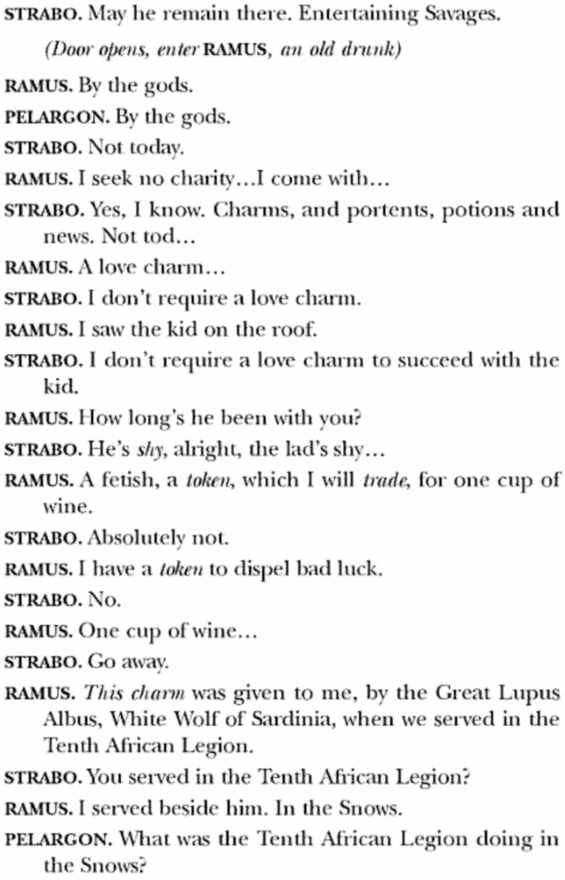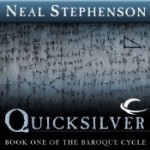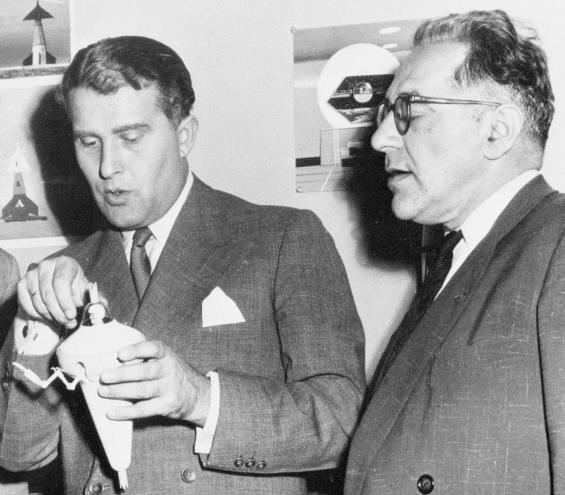
 The SFFaudio Podcast #093 – Scott and Jesse talk to audiobook narrator Grover Gardner about his long career in audiobooks and his work as the studio director at Blackstone Audioboooks.
The SFFaudio Podcast #093 – Scott and Jesse talk to audiobook narrator Grover Gardner about his long career in audiobooks and his work as the studio director at Blackstone Audioboooks.
Talked about on today’s show:
Blackstone Audio, Ashland, Oregon, The Story Of Civilization by Will Durant and Ariel Durant, the Miles Vorkosigan saga, Lois McMaster Bujold, Cryoburn, space opera, the Library Of Congress’ talking book program, Tiger Beat, Alexander Scourby, George Guidall, Displaced Persons, YA, WWII, Flo Gibson, Brilliance Audio, Recorded Books, the early audiobook industry, James Patterson, Books On Tape, Michael Kramer, Barret Whitener, Kate Reading, Bernadette Dunn, Jonathan Marosz, Tanya Perez, Oregon Shakespeare Theatre Festival, Southern Oregon University, Ringworld by Larry Niven |READ OUR REVIEW|, recording audiobooks under pseudonyms (Tom Parker, Alexander Adams), Star Wars, Anthony Heald, the Young Jedi series, Jonathan Davis, recording an abridged novel with sound effects (Star Wars), “hard abridgments”, “in the age of mega companies that shall remain nameless”, do bad books turned into audiobooks harm the audiobook market?, casting an audiobook narrator slightly against the book, digitizing older audiobooks, history, narrating non-fiction, Ross Macdonald‘s Lew Archer series, The Hypnotist by Lars Kepler, The Girl With The Dragon Tattoo by Stieg Larsson |READ OUR REVIEW|, The Reapers Are The Angels by Alden Bell |READ OUR REVIEW|, Tai Simmons, using an iPad to read scripts, Blackstone Audio maintains an in-house pronunciation guide database, The Tin Drum by Günter Grass, Madame Bovary by Gustave Flaubert, Simon Vance, Galactic Pot-Healer by Philip K. Dick, Martian Time-Slip by Philip K. Dick |READ OUR REVIEW|, Tom Weiner loves science fiction, Brain Wave by Poul Anderson, a new recording of a Robert Sheckley book is coming, Random House still does abridgments, Shelby Foote, Donald Westlake, Grover Gardner’s blog post on Ross Macdonald, Raymond Chandler, Ross Macdonald wrote psychological mystery novels about families (he lets all the poisons that lurk in the mud hatch out), The Wycherley Woman, The Chill, John D. MacDonald, The Moving Target, The Galton Case, Black Money, the Travis McGee series, Darren McGavin, biography as a genre, Andrew Carnegie by David Nasaw, Gildan Media, the Wallander series, The Return Of The Dancing Master by Henning Mankell, Haila Williams, Grover Gardner loved narrating Elmore Leonard audiobook, Patrick Obrien’s, Bernard Cornwell, Maximum Bob by Elmore Leonard, “a slightly square guy”, Harper Audio, Pronto by Elmore Leonard, Justified, the Inspector Montalbano series is “enormously entertaining”, Andrea Camilleri, the Toby Peters series, Stuart M. Kaminsky, keeping track of the character voices (by visualization), “I lived those books”, Fools Die by Mario Puzo, Kristoffer Tabori, what is Grover Gardner’s favourite book?, The Kindly Ones by Jonathan Littell (it’s Grover Gardner’s masterwork).
Posted by Jesse Willis



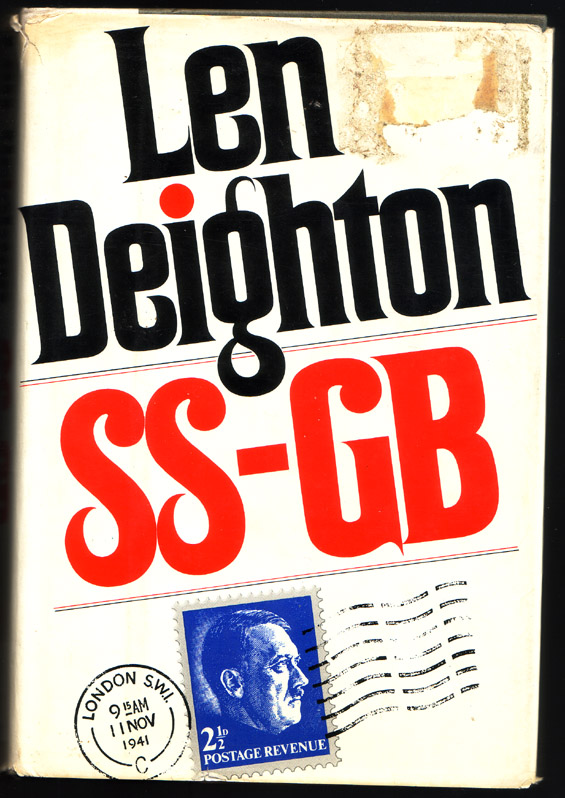



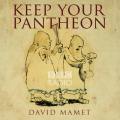 Keep Your Pantheon (or On The Whole I’d Rather Be In Mesopotamia)
Keep Your Pantheon (or On The Whole I’d Rather Be In Mesopotamia)